
Climate & energy
Maximising your electric car's lifespan
What can you do to ensure that the batterie continues to work perfectly for many years to come?
navigation
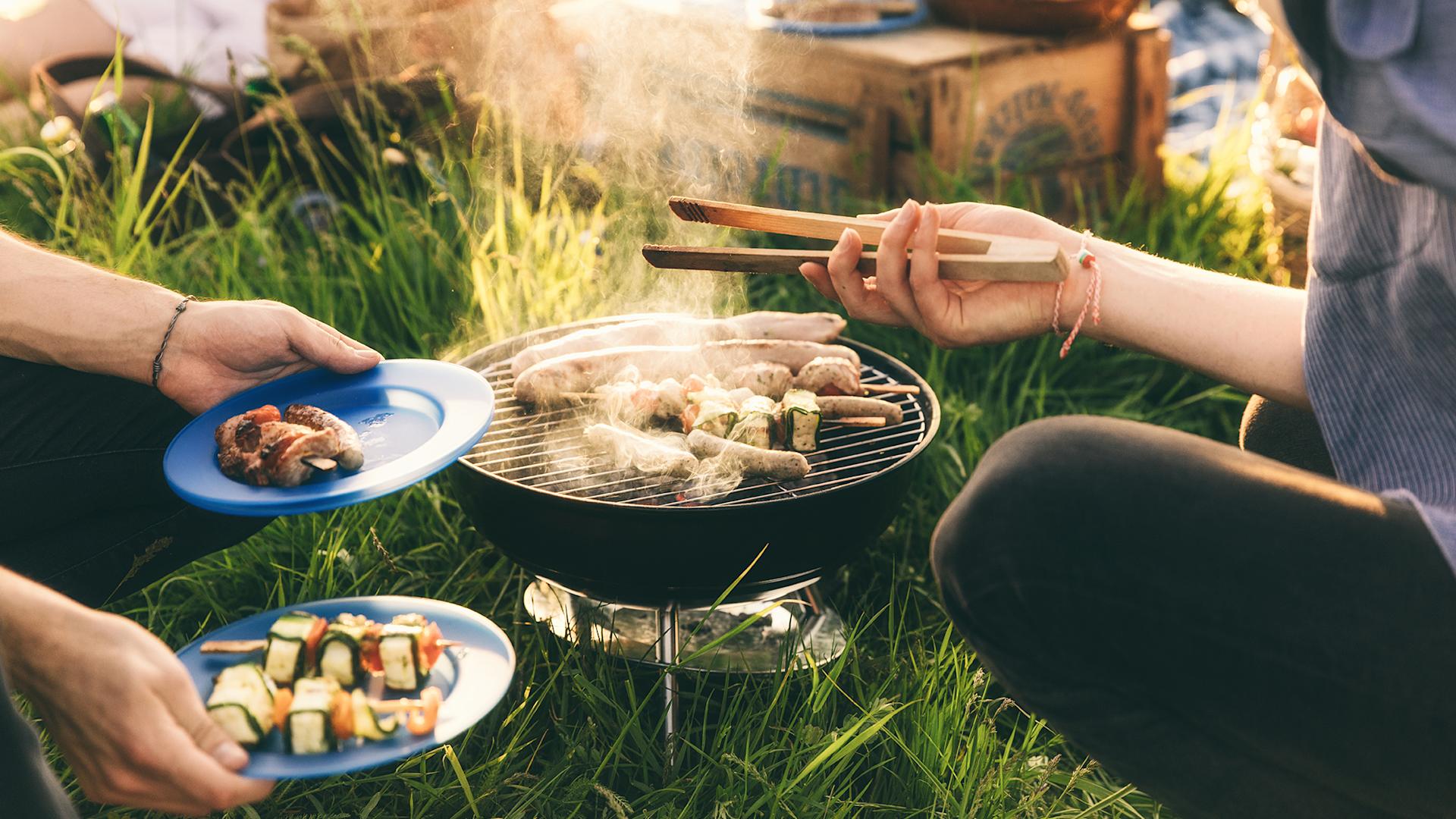
Sustainability
Cooking and eating outdoors: What could be better in summer than a festive gathering in the open air? If only our conscience didn't spoil the fun. After all, concerns about the environment are an uninvited guest at every barbecue.
Barbecued food tastes delicious, smells smoky and makes us happy. Unfortunately, it also leaves us with heaps of rubbish. If you shop with this in mind, you can hold a sustainable barbecue party with relatively little effort. Focus on food: According to the German Environment Agency, food makes up about 90% of the environmental impact of grilling. So menu planning must be centre stage. Carefully choosing your barbecue, dishes and decorations also helps to prevent waste and improves your carbon footprint.
The Swiss are a nation of barbecue enthusiasts, with a particular fondness for sausages. The main ingredient of these is pork or poultry, which are better for the climate than beef. Just 1kg of beef has a global warming impact equivalent to 13kg of CO₂. The values for pork or poultry are about a quarter of that. Fish has less of an environmental impact than meat, but its origin and the relevant fishing method must also be taken into consideration. Migros uses the M-Check to show the climate impact of its products at a glance.
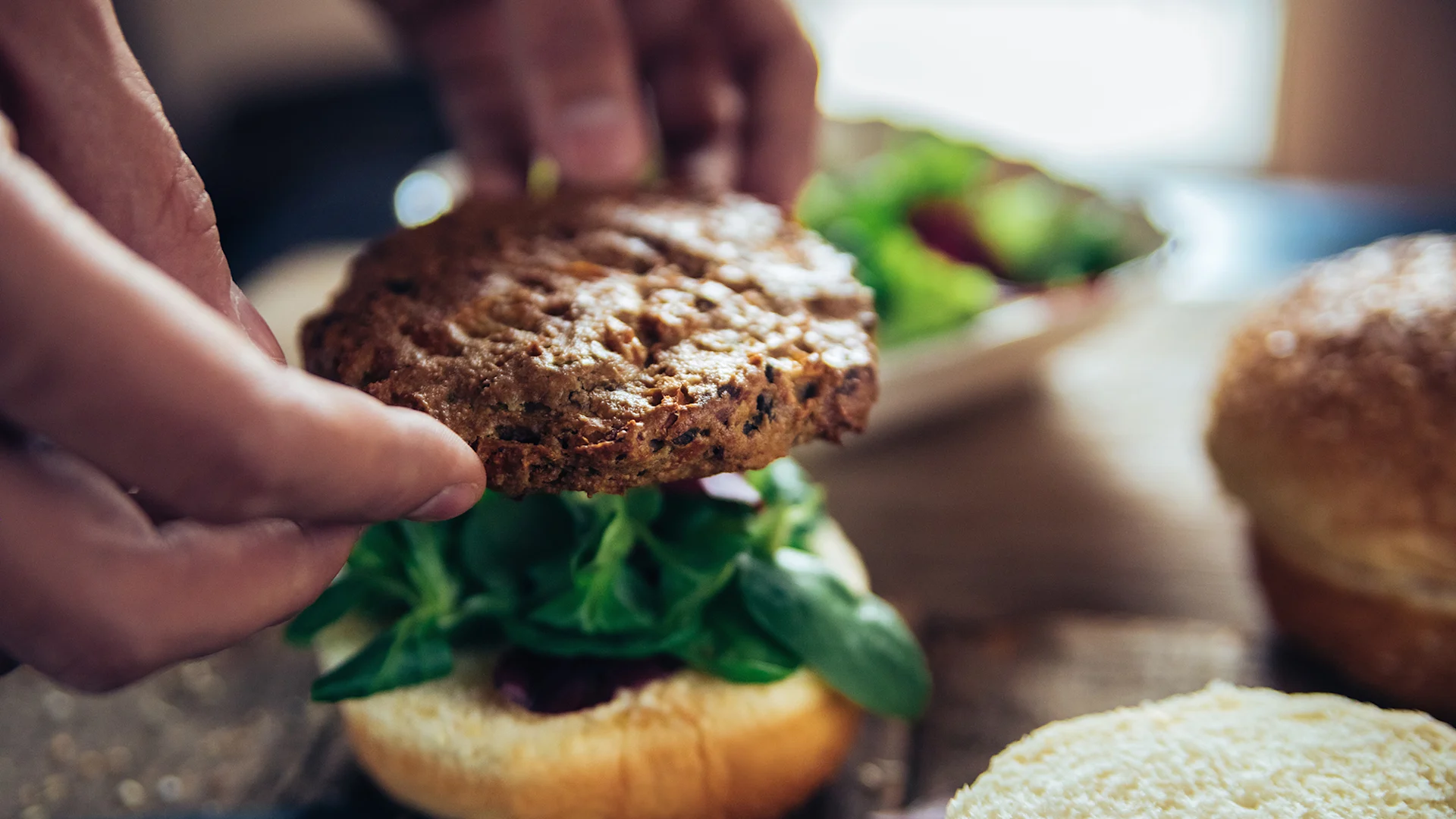
A study by the German Environment Agency has found that plant-based alternatives are more sustainable than meat. The environmental impact of a beef patty is 10.8 times greater than that of a vegan one. By contrast, a plant-based bratwurst only saves about half of the greenhouse gas emissions of a regular sausage. Meat substitutes can be just as delicious as the real thing, and burgers and sausages are generally served with sauces, sides and bread anyway.
The participants in a study by the Swiss Federal Office for Agriculture (FOAG) were well aware that consuming animal products has a negative impact on the environment. Nonetheless, meat consumption has remained stable for years. Statistics released by the Proviande livestock association show that in 2022, per capita consumption in Switzerland was 20kg of pork, nearly 15kg of poultry and about 11kg of beef. That's the equivalent of about 5kg of pork, 4kg of poultry and 3kg of beef in the average 15-week barbecue season.
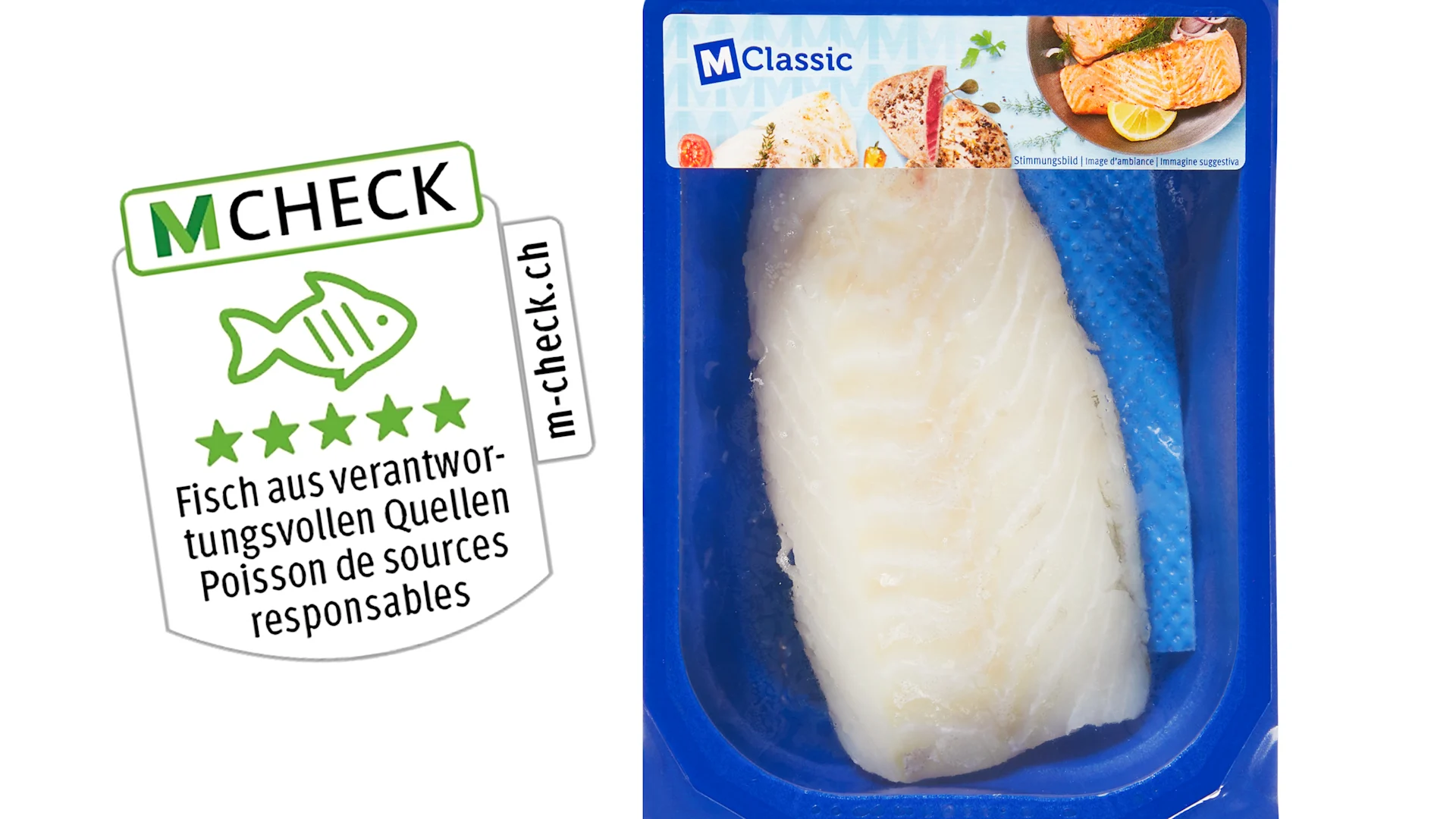
The average person in Switzerland consumes about 9kg of fish and seafood a year. However, more than 70% of the consumed fish products are imported from abroad. It's therefore especially important to look out for sustainable products with quality seals like MSC or ASC. Migros uses the fish M-Check; a transparent way to find out about the sustainability of a given fish product.
The origin, production method and, above all, seasonality have an impact on sustainability when choosing side dishes (or mains) such as rice, polenta, potatoes, pasta, vegetables and salad. If you want to eat responsibly, bear this in mind, both when planning your menu and whilst shopping. Animal products such as cheese, cream and especially butter have a large environmental footprint. Here too, more and more plant-based alternatives are available.
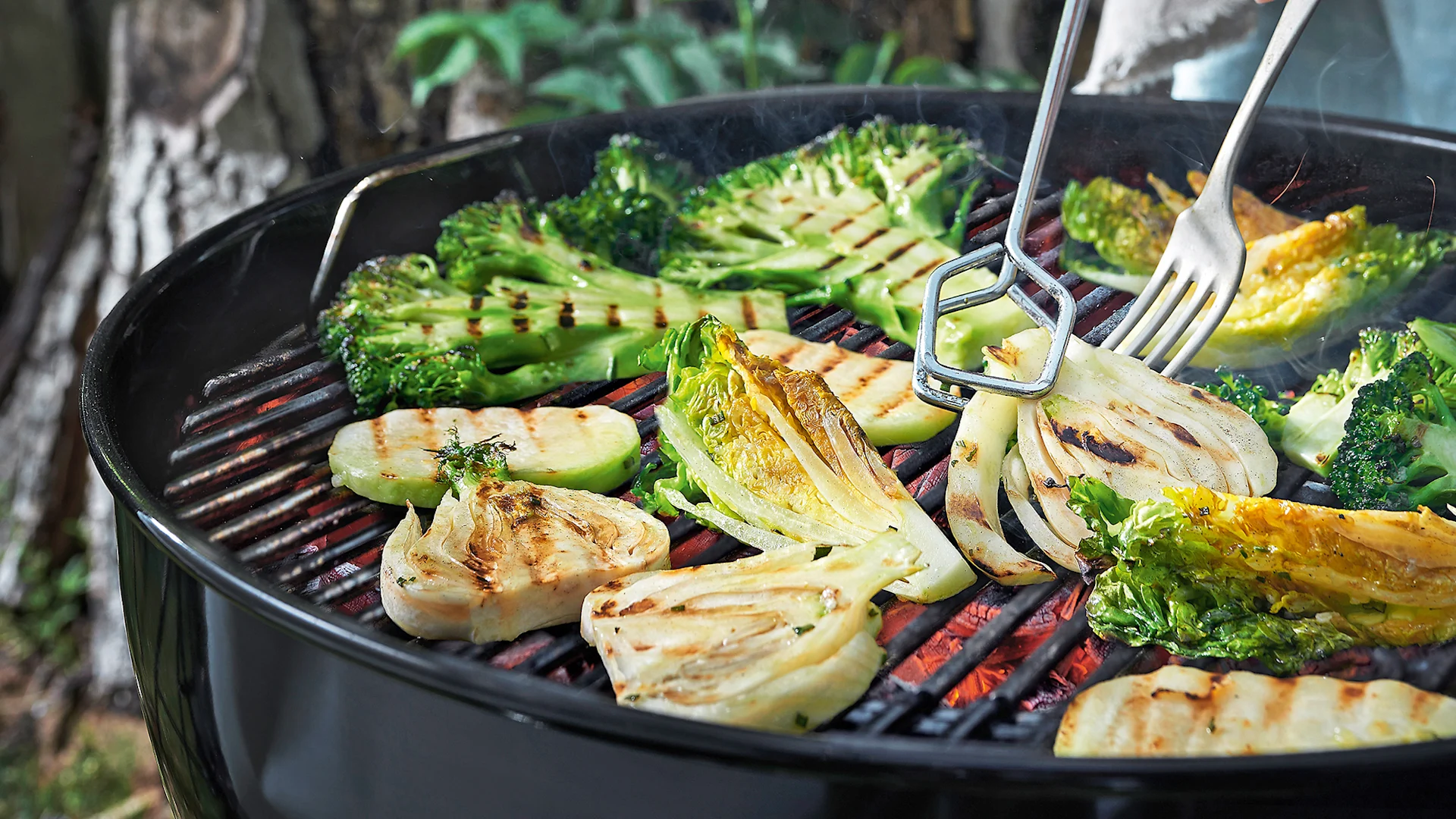
Organic farmers forego the use of pesticides, raise animals in a species-appropriate manner and promote biodiversity. The negative aspect of organic farming is that the associated lower yields lead to higher CO₂ emissions because more land is required to grow the same amount of food. Even so, organic products are more sustainable. The WWF's label guide offers an overview of the various labels. Migros also uses its own sustainability scale, M-Check, which it developed in collaboration with external experts. This shows how sustainable a product is at a glance. The label considers climate compatibility, animal welfare, responsibly sourced fish, packaging and recyclability.
The latest survey by the Federal Office for Agriculture found that consumers in Switzerland are increasingly concerned about the origins of their foods. Fully 90% of respondents buy domestic products whenever possible due to the quality, sustainability, shorter transport routes and because it supports Swiss farmers. Seventy-three percent of them want products to declare their impact on the environment and the climate. Migros already does this on its own-brand products using the simple and straightforward M-Check.
Many people seem to think that too much is better than too little when preparing their barbecue buffet. And yet a little planning can avoid food waste, while still making sure that your guests don't go home hungry. So pay attention to how many people are coming, plan your volumes accordingly and shop wisely. And if you enquire about your guests' preferences and allergies beforehand, you needn't buy a bit of everything "just in case". Inspiration and a quantity calculator can be found on the Migusto website.
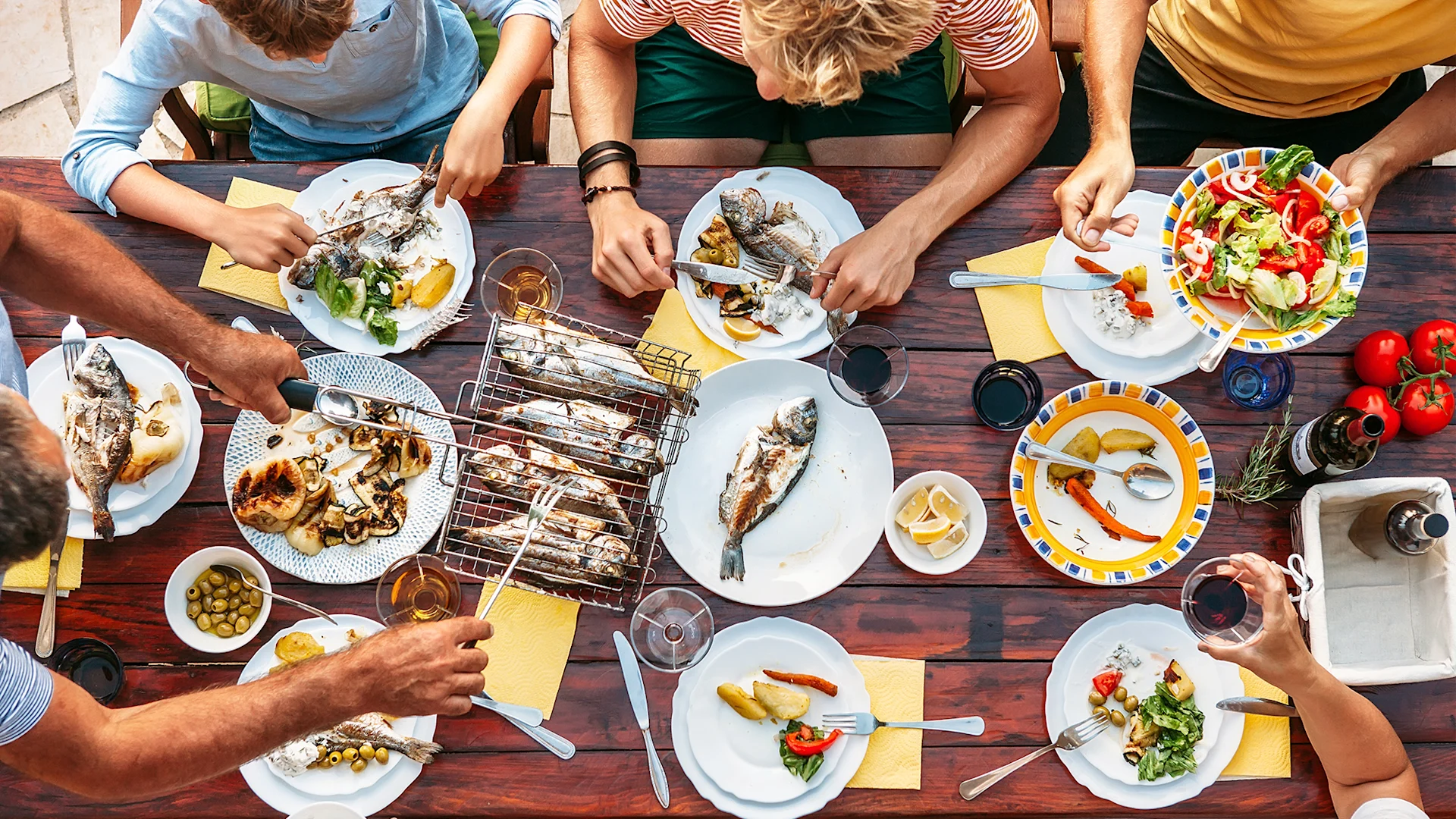
The rule of thumb is 150g of meat per person. That's approximately the weight of the ever-popular bratwurst. A cervelat sausage weighs in at about 100g. If you're grilling meat on the bone, calculate 200-250g per person. For fish and entrecôte, 200g is about right. It may not (yet) be possible for steak and cutlets, but there's an increasing number of vegan or vegetarian alternatives for many other BBQ favourites.
Between 50g and 100g of salad per person is plenty. When served as side dishes, 50-100g of potatoes, rice, couscous or pasta will leave everyone sated. Double this quantity if it's the main course. By the way, vegetable sticks, olives and delicious garlic bread are easily prepared and make excellent snacks to complete your menu. If you still end up with leftovers, give them to your guests to take home or wrap and store them appropriately. This avoids food waste.
Throwing things away is not sustainable, so let's not even bother with single-use grills. The question of gas versus coal is more complex: FSC-certified charcoal is a renewable raw material, unlike gas, which is a by-product of oil extraction. However, gas emits less CO₂ than coal, which also releases fine particulate matter when burnt. In terms of the environment, electric grills are the best option. Nevertheless, gourmets prefer the smoky flavours created by glowing embers.
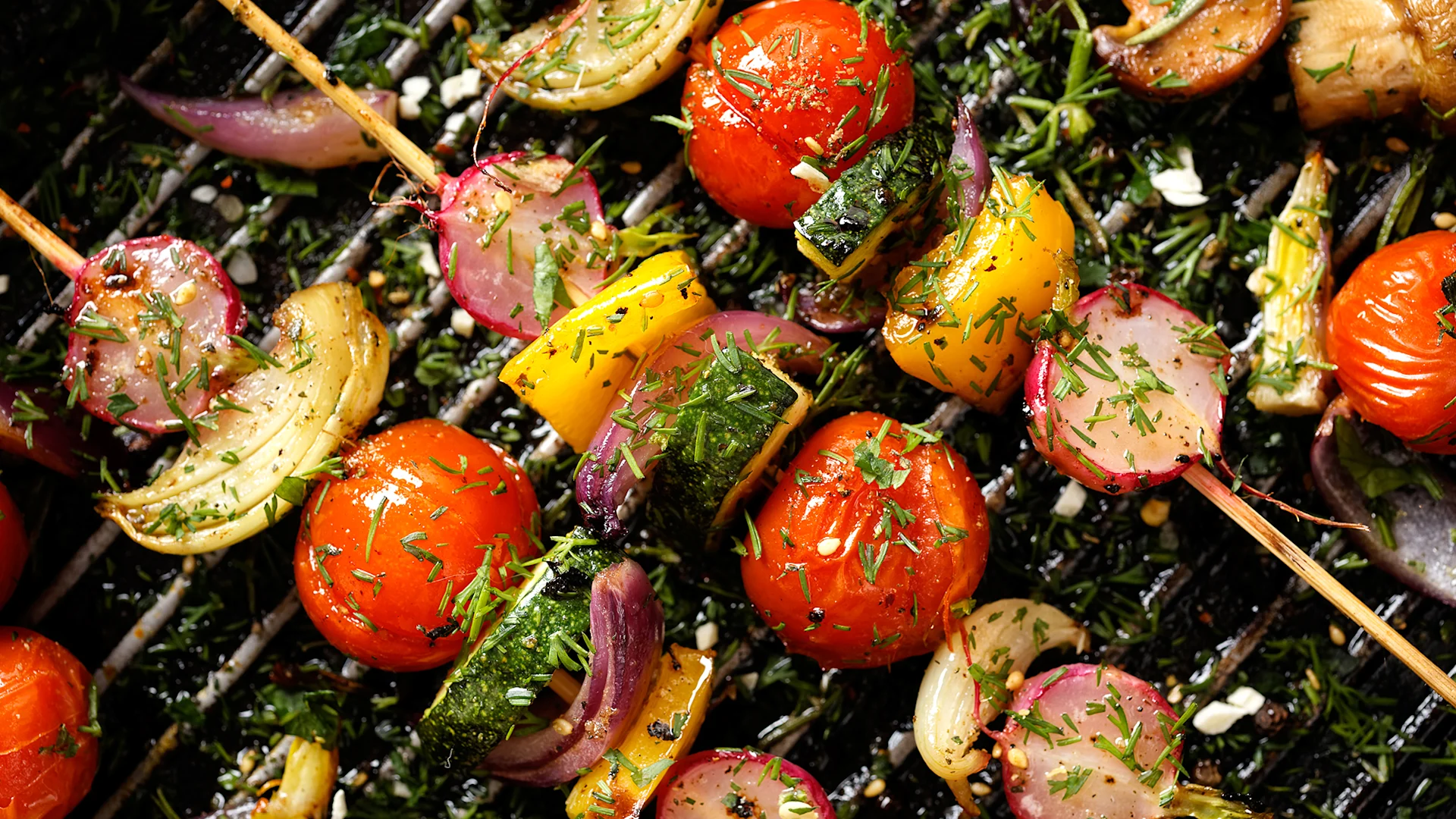
Sunny weather not only raises our spirits. The sun also provides the energy that powers the fairly lights, gardens lamps and lanterns which illuminate our gardens in the dark. Solar grills are therefore a great option if you like experimenting and have plenty of time and patience. Powered entirely by the sun, they thus rank first overall in terms of fuel requirements.
Cardboard plates and plastic cups? No, thank you! If you insist on using disposable dishes, opt for resource-friendly natural materials, such as palm leaves or bamboo. Better and classier still, use proper plates and glasses. Your table will also look much nicer with a fabric tablecloth. However, what matters most in terms of planning is what you put on those plates. Enjoy your party!
Here you'll find some more tips for environmentally friendly shopping
You thereby save electricity as well as energy and help to protect the climate.